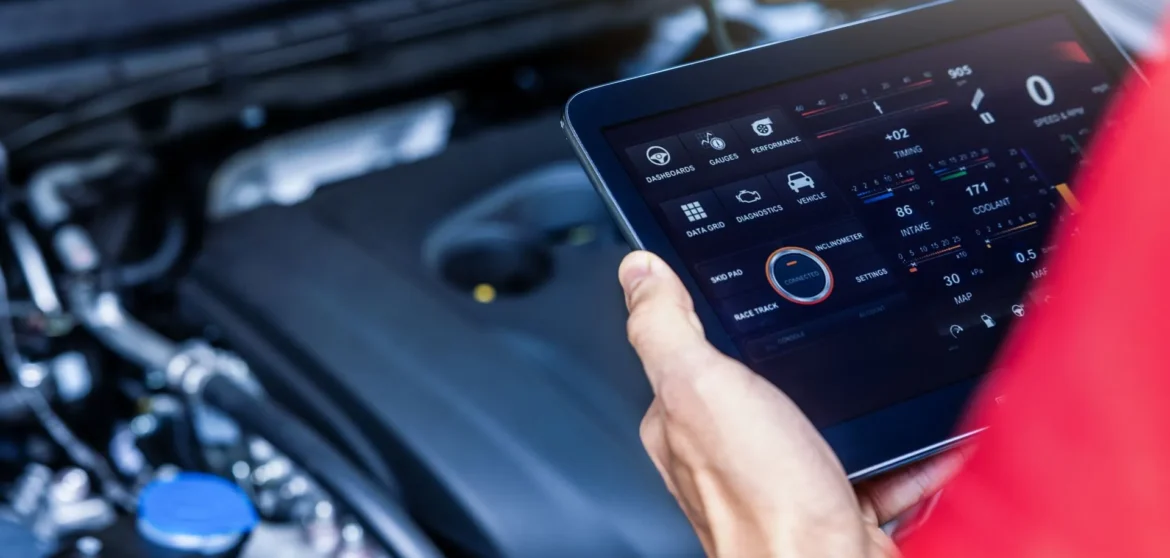The Importance of Regular Engine Checkups for High-Performance Vehicles
Owning a high-performance vehicle is a luxury experience. The roar of the engine, the seamless acceleration, and the thrill of driving something engineered for excellence are unmatched. But behind that power and precision lies a delicate system that demands attention. Neglecting regular engine checkups can turn that dream ride into a costly nightmare.
Drive UAE will give you tips on the regular maintenance and engine checkups for high-performance vehicles.
Why High-Performance Engines Require Special Attention
High-performance engines are built for speed, power, and precision, but their advanced design also makes them more demanding in terms of maintenance.
Here’s why they need extra care:
- Complex Design: High-performance engines use intricate components that operate at higher levels of stress.
- Higher Operating Temperatures: These engines produce more heat, which can lead to faster wear and tear without proper maintenance.
- Precision Tuning: Small imbalances or faults can significantly impact performance and efficiency.
- Increased Wear and Tear: Higher speeds and outputs cause components to degrade faster compared to standard engines.
- Specialized Parts: They require premium parts and fluids to function optimally, adding to their maintenance needs.
- Strict Tolerances: Even minor deviations from specifications can lead to major performance issues.
Key Components to Monitor in Engine Checkups
High-performance engines rely on several critical components to operate efficiently. Keeping these parts in top condition is essential for maintaining performance and preventing costly repairs.
- Oil and Fluids: Regularly check and replace engine oil and other essential fluids to keep the engine running smoothly.
- Air Filter: A clean air filter ensures optimal air intake and engine efficiency.
- Fuel Filter: Replacing the fuel filter prevents debris from clogging the fuel system.
- Spark Plugs: Properly functioning spark plugs are crucial for consistent ignition and power.
- Belts and Hoses: Inspect for wear and tension to avoid sudden failures that can damage the engine.
- Cooling System: Ensure the coolant levels are adequate to prevent overheating.
- Battery Health: A well-maintained battery ensures reliable starting and consistent electrical performance.
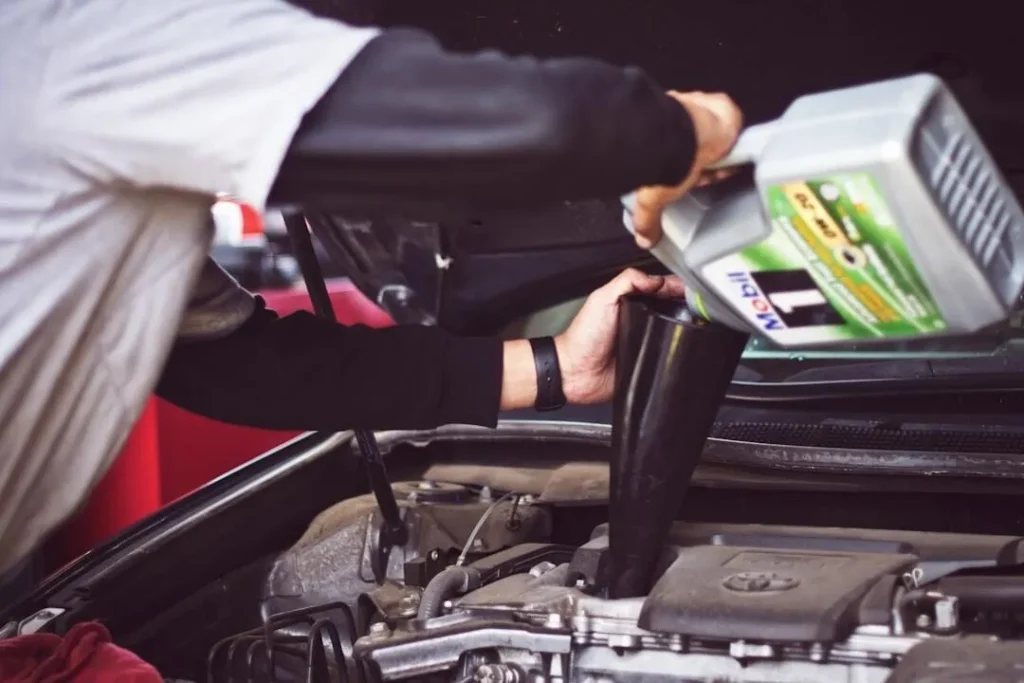
Recommended Engine Maintenance Schedule
Sticking to a consistent maintenance schedule is essential to keep your high-performance engine running smoothly.
Here are some general guidelines to follow:
- Every 3,000–5,000 Miles: Change the engine oil and replace the oil filter to ensure proper lubrication.
- Every 10,000–15,000 Miles: Inspect and replace the air filter to maintain optimal airflow.
- Annually: Inspect belts, hoses, and the cooling system to prevent leaks and overheating.
- Seasonally: Top up or replace fluids such as coolant, brake fluid, and transmission fluid based on usage.
- Manufacturer-Specified Intervals: Follow the vehicle manual for specialized components like turbochargers or advanced fuel injection systems
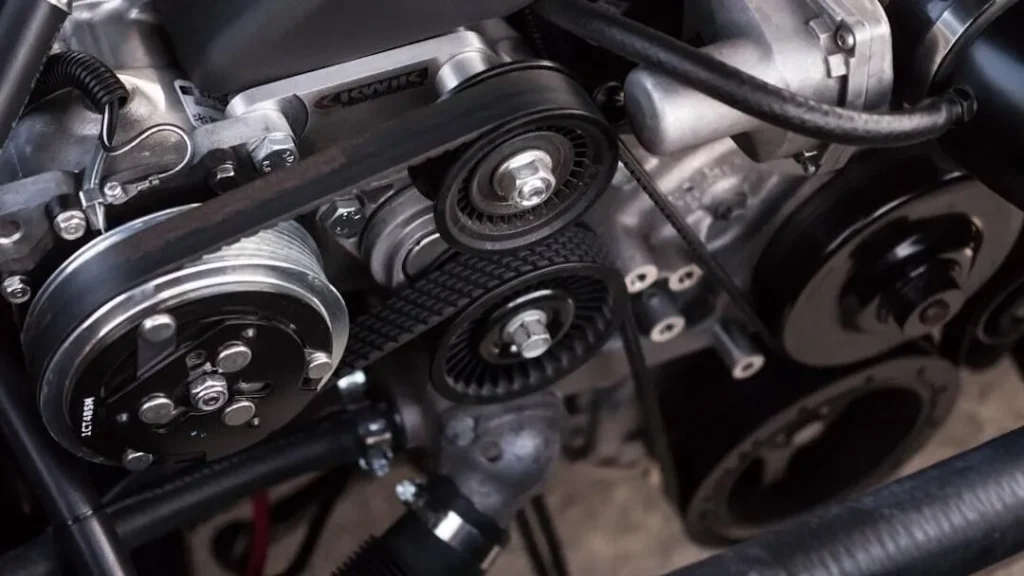
Signs Your High-Performance Engine Needs Immediate Attention
Recognizing the early warning signs of engine trouble can save you from costly repairs and keep your high-performance vehicle running smoothly. Look out for these common indicators:
- Unusual Noises: Knocking, ticking, or grinding sounds coming from the engine.
- Reduced Power: Noticeable loss of acceleration or performance.
- Warning Lights: Check engine or other warning lights illuminated on the dashboard.
- Excessive Smoke: Dark or blue smoke from the exhaust, indicating potential oil or fuel issues.
- Poor Fuel Efficiency: A sudden drop in miles per gallon could signal engine trouble.
- Overheating: Temperature gauge constantly running hot or steam coming from under the hood.
- Rough Idling: The engine feels shaky or unstable when idle.
- Fluid Leaks: Puddles of oil, coolant, or other fluids under the vehicle.
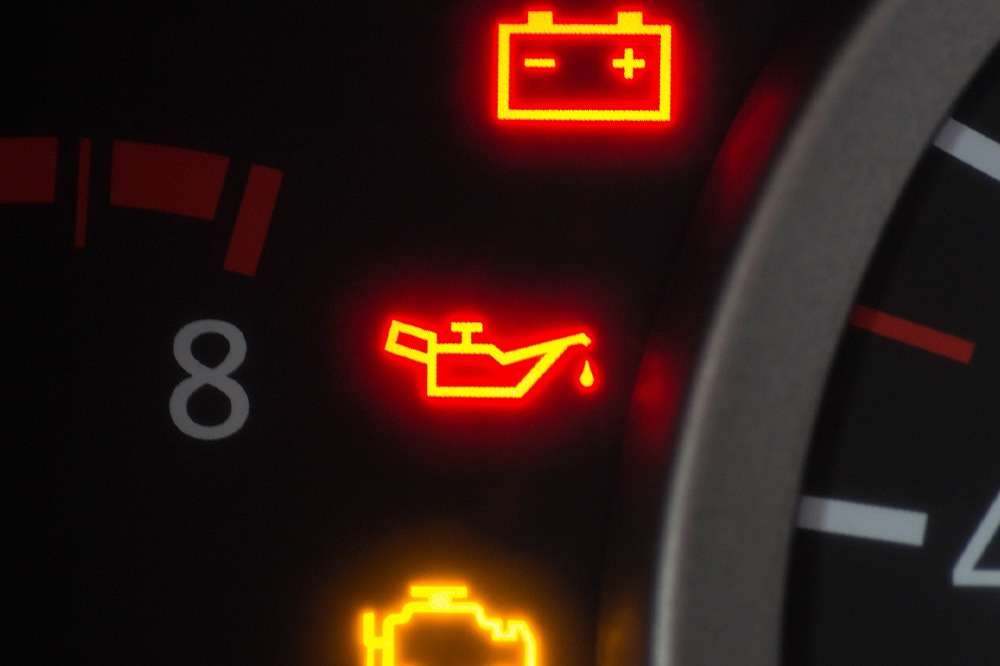
Choosing the Right Service Provider
High-performance vehicles require expert care, so selecting the right service provider is crucial. Here are some tips to guide you:
- Specialization: Choose a provider experienced in maintaining high-performance engines.
- Certifications: Look for ASE-certified mechanics or similar qualifications.
- Reputation: Check online reviews and seek recommendations from other high-performance vehicle owners.
- OEM Parts: Ensure they use original equipment manufacturer (OEM) parts for replacements.
- Diagnostic Tools: Confirm they have advanced tools to diagnose and repair complex engine systems.
- Transparency: Select a provider who offers clear explanations, detailed estimates, and fair pricing.
- Warranty Services: Check if they honor manufacturer warranties and provide guarantees for their work.
- Convenience: Opt for a service center with easy booking options and prompt turnaround times.
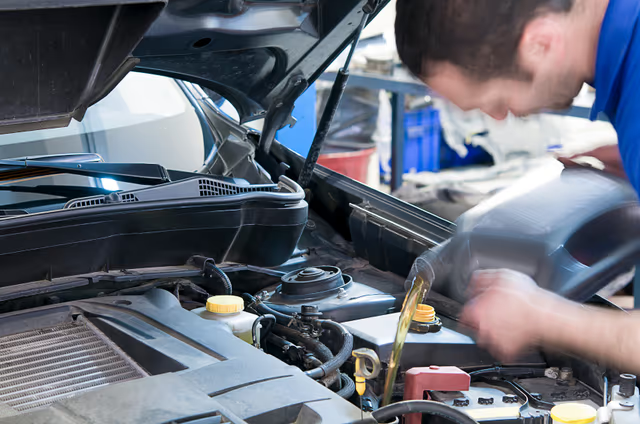
Conclusion
Regular engine checkups are the backbone of maintaining your high-performance vehicle’s power, efficiency, and longevity. By staying proactive with maintenance, monitoring key components, and trusting a qualified service provider, you can enjoy peak performance and avoid costly repairs. Prioritize your engine’s health today to keep your ride running smoothly for years to come.

